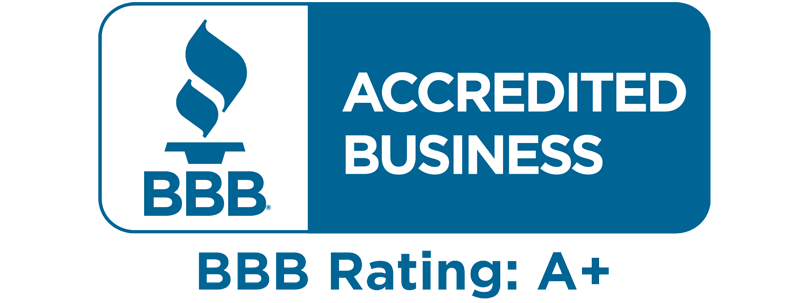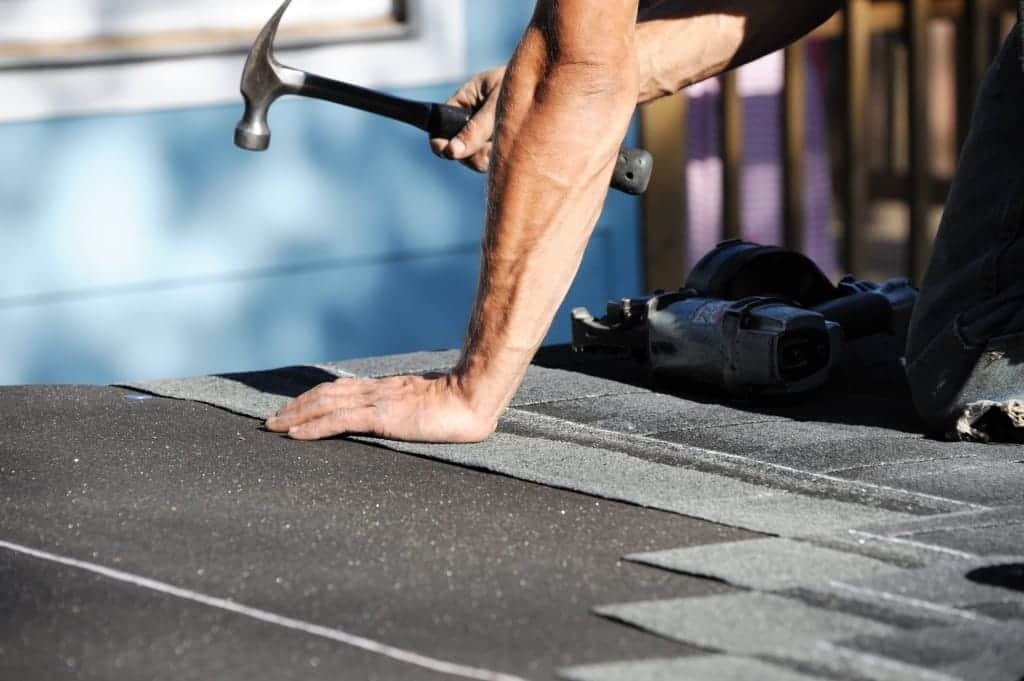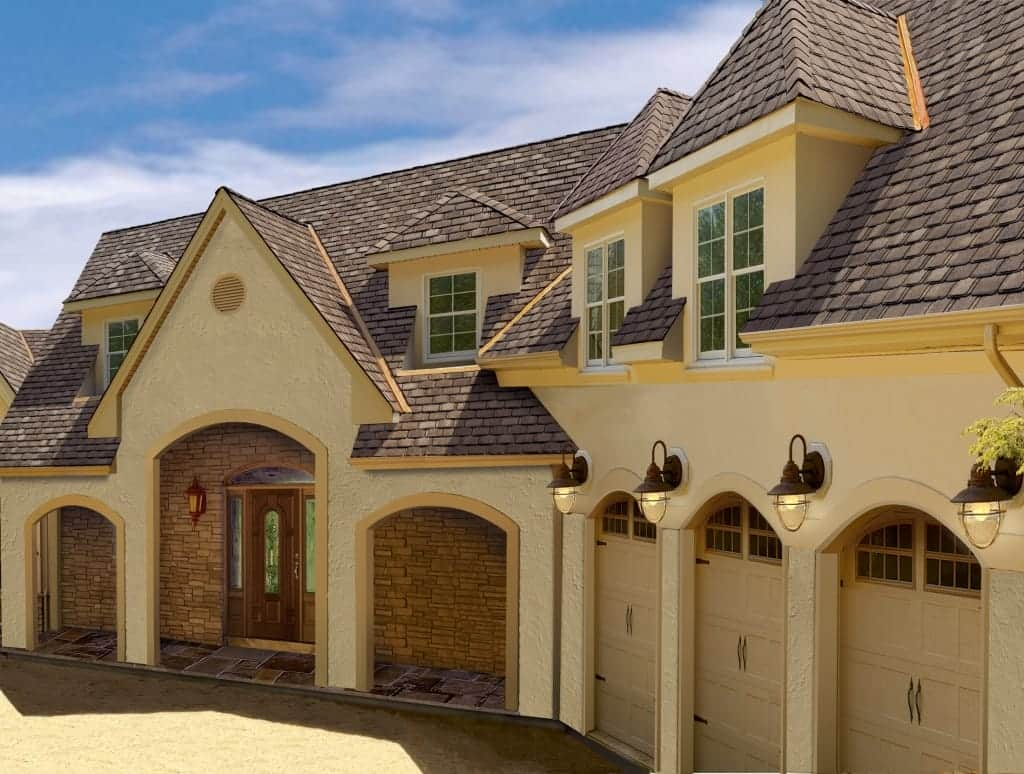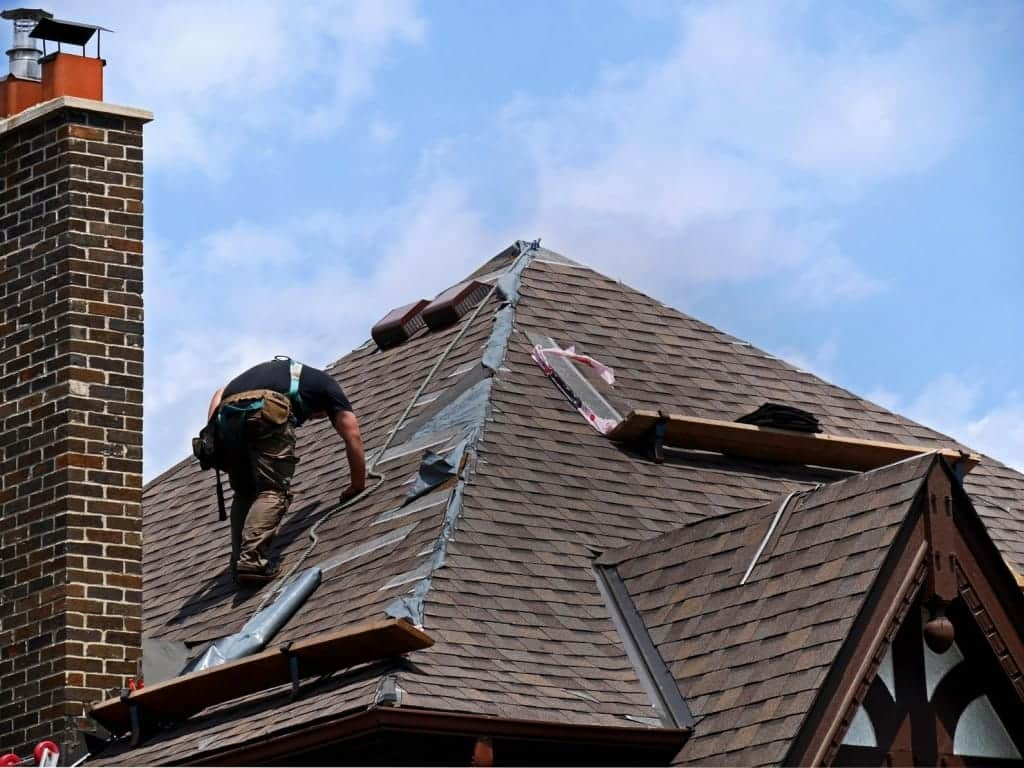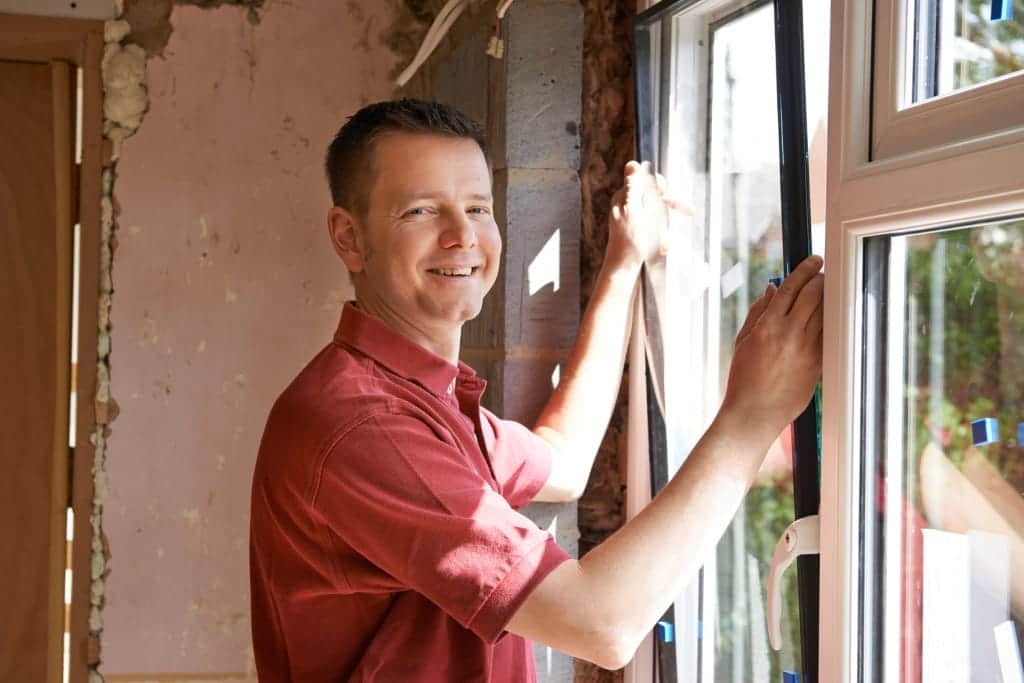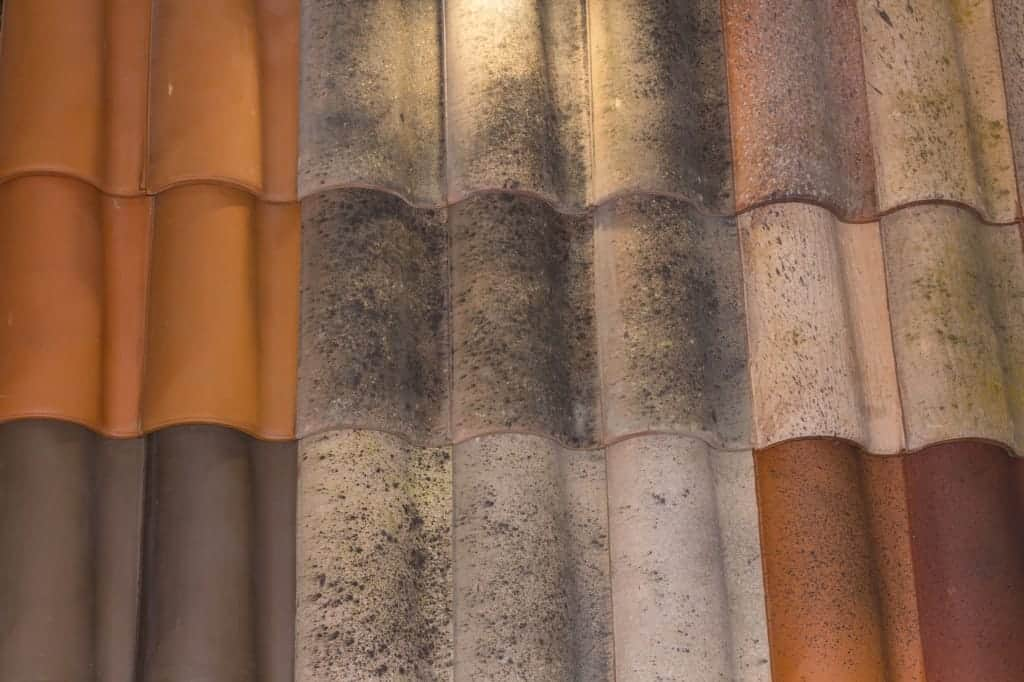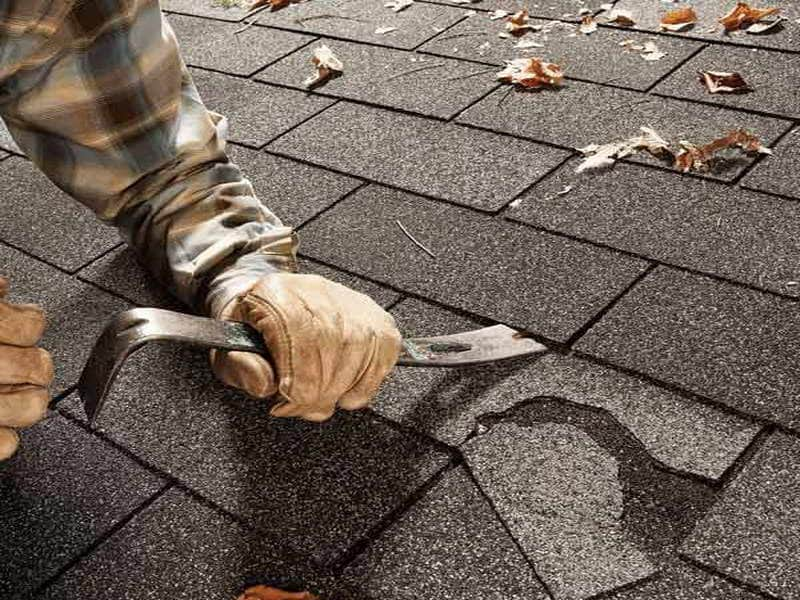Warning Signs That You Need to Replace Windows
Your windows are an important system in your home’s envelope. Like other areas of your home that show warning signs when something is wrong, such as a leaky roof or rickety doors, your windows show signs of age, damage and inefficiency, too. However, window warning signs are not always as obvious or alarming as water spots on the ceiling or insect-damaged timber and siding.
If you have been considering what to do about your old windows, read on to see if replacement windows would be best for your comfort, home’s curb appeal and your energy budget.
Are your windows sticky and difficult to operate?
Over time, windows absorb and release moisture, which causes them to bend and warp out of shape. The swelling and contraction of framing contributes to window leaks, water and mold damage to walls and may serve as an entry point for insects into the home and structure.
Moreover, the ease and swiftness of which windows can be opened and closed is an important element of home safety. Windows should allow for easy opening, closing, locking and unlocking for everyone in the home. Even in simplest of terms for enjoying fresh air as you please, if trying to open or close your windows is a headache of a chore, replacement windows are worth a fresh look.
Is your home often drafty and uneven temperatures from room to room?
Another red flag that it’s time for replacement windows is an uncomfortable home. Air leaks around and through windows are quite common, costing the typical homeowner as much as 25 percent in cooling and heating expenses.
Moreover, the problem of leaky windows is compounded by the natural movement of heat energy from a warmer place to a cooler place, for instance:
- On a hot summer day, heat energy of warmer outside air exploits leaky windows to transfer to the cooler air conditioned indoor air.
- The opposite heat exchange occurs in the winter. The heated air inside your home naturally seeks colder outside air through air leaks and also by conduction through window panes with low heat resistance (R-value).
If you are suspicious that your hard-earned energy dollars are going out the windows, you are probably right.
Does your home have a problem with mold and mildew?
Leaky windows make it difficult to manage humidity inside the home — especially if water is leaking inside. Humidity problems are often accompanied by mold and mildew problems. This is a year-round issue, with indoor air being too humid in the summer and too dry in the winter. As long as there is air and water infiltration around windows, there is greater potential for mold and mildew problems, discomforts, health concerns and energy losses.
Are any of your furnishings, drapes, walls or carpet sun-faded?
The ultra-violet (UV) rays of the sun have damaging effects on home, structure, furnishings and possessions. Older windows do not come equipped with UV-blocking technology which new windows employ. For instance, typical new vinyl replacement windows may block as much as 95 percent of UV rays.
UV protection has many benefits in addition to protecting your living spaces and possessions from sun-fading damage. Less UV rays into the home means less heat gain during hot summer weather. Replacement windows with UV-blocking technology are typically well insulated, offering a nice R-value, which hinders heat loss during the winter. When your windows are not a primary source for heat gain and loss, you may better enjoy opening the drapes and letting sunlight stream into your home.
Are your windows often foggy or difficult to clean?
Sometimes older windows suffer water damage from condensation permeating the glass sealing. When this happens, glass looks foggy or dirty which, though you may have tried, is impossible to “clean”. Another warning sign that it’s time for replacement windows is condensation accumulation inside a double-paned window. This is a sign of leaks and inefficiency.

